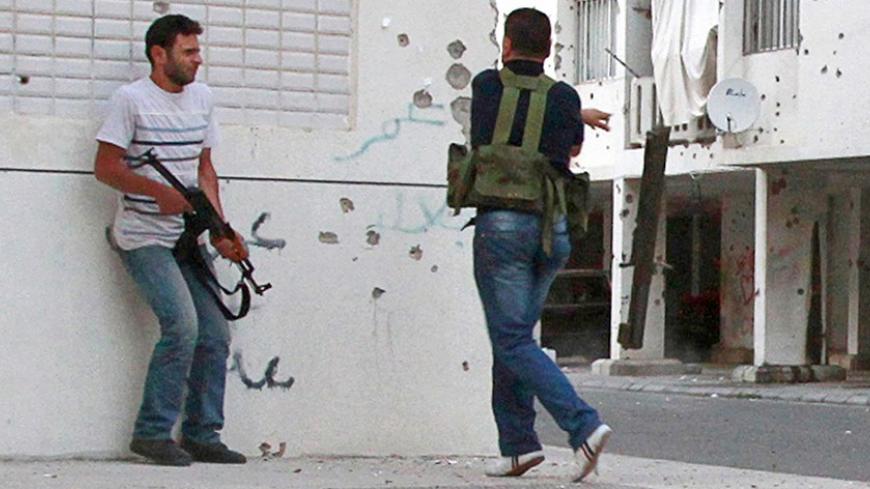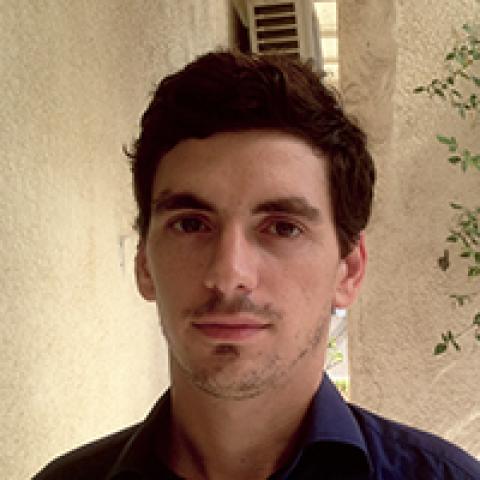TRIPOLI, Lebanon — Under a six-month security plan to bring calm to Tripoli, Lebanon's second largest city, the Lebanese army has been given full authority to deploy and arrest fighters responsible for the deadly violence between militias in the opposing neighborhoods of Bab al-Tebbaneh and Jabal Mohsen. Dozens of people have been killed and hundreds have been injured in 18 episodes of violence-related to the Syrian conflict between supporters and opponents of the Syrian regime. The Tebbaneh-Mohsen area, the site of nearly all the clashes in the city, is one of the most deprived in the country, with 76% of residents living below the poverty line.
The two neighborhoods are separated by Syria Street, and all the buildings along this divide wear the scars of violence. The walls are pocked from thousands of impacts from bullets, shrapnel and various other projectiles, and large iron gates protect store windows. Mohsen sits on a hill, which lends dominance to its fighters and snipers aiming at Tebbaneh.



